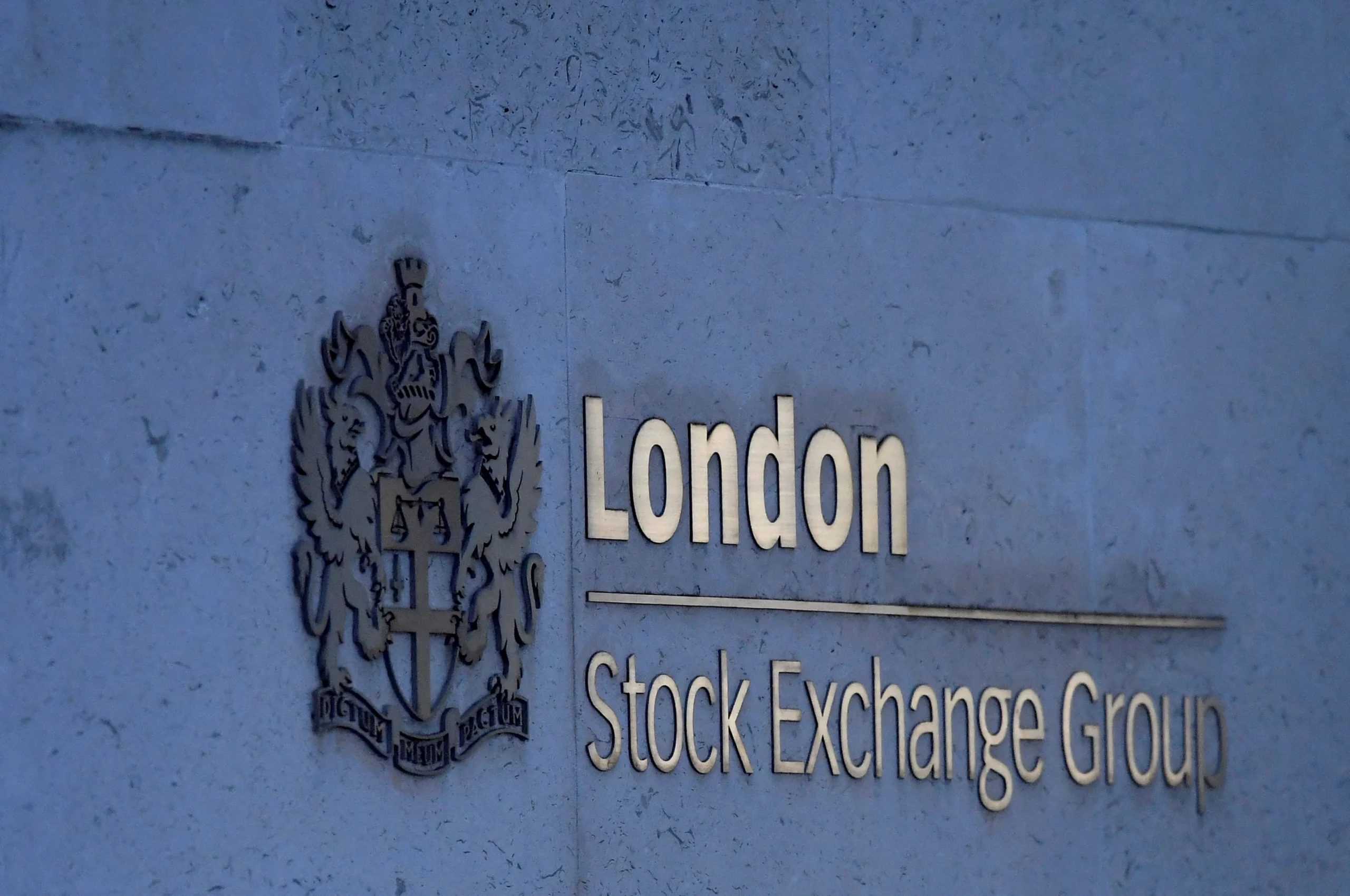
Introduction
This comprehensive introduction to the London Stock Exchange (LSE), one of the most prominent financial exchanges in the world, is your warm invitation. We examine the history, organizational structure, distinctive qualities, and numerous factors that lead to the LSE’s significance in the finance industry as we dive into the LSE’s complexity in this article.
History of the London Stock Exchange
The London Stock Exchange was born in the 17th-century coffeehouses of London. A group of stockbrokers established the first exchange in 1698, and through time it evolved into the LSE that is in existence today. Over the years, the exchange has expanded tremendously as a result of changes in market dynamics and developments in technology.
Structure and Operations
Main Market
Most of its listings take place on the LSE’s Main Market, which caters to established, major corporations. This area is home to reputable domestic and international businesses from many industries. Strict regulatory criteria are followed by businesses listed on the Main Market, assuring responsibility and transparency.
Alternative Investment Market (AIM)
The Alternative Investment Market (AIM) provides a platform for smaller and emerging companies to access the capital markets. AIM offers a more hospitable regulatory setting that enables companies to acquire capital for expansion and innovation. It has become more well-known as a place to start for entrepreneurial activities as a result of a number of remarkable success stories that have surfaced over the years.
Trading Mechanism
The London Stock Exchange (LSE) operates the London Stock Exchange Electronic Trading Service (SETS), which is a platform for electronic trading. This method allows for efficient and transparent trading of derivatives, bonds, and stocks. SETS provides market players with access to real-time trade data, ensuring fair price discovery.
Key Market Indices
FTSE 100
The main index of the London Stock Exchange is the FTSE 100 index, sometimes referred to as the “Footsie.” It shows the performance of the top 100 firms listed on the exchange based on market capitalization. The FTSE 100, a well-liked yardstick for the UK stock market, is keenly followed by investors all over the world.
FTSE 250
The FTSE 250 index is made up of the 250 businesses that follow the FTSE 100 in terms of market capitalization. It provides more investment choices and a broader view of mid-cap firms’ performance for investors.
FTSE All-Share
The FTSE All-Share index covers the whole spectrum of companies listed on the LSE. It includes companies from the FTSE 100, FTSE 250, and other more niche market categories. The FTSE All-Share index provides a complete evaluation of the performance of the UK stock market.
Benefits of Listing on the London Stock Exchange
Access to Capital
Companies with LSE listings have the opportunity to raise capital from a range of investors, including institutional investors, individual investors, and players in global markets. Growth, R&D, and other strategic objectives can be supported by this financial accessibility.
Enhanced Visibility and Reputation
Being listed on the LSE enhances a company’s visibility and reputation, which instills trust in stakeholders and investors. It indicates commitment to rigorous governance norms and procedures, which may attract investors and possible business partners.
Liquidity and Trading Volume
Due to its large trading volume and liquidity, the LSE offers a liquid market for listed securities. large liquidity ensures the ease with which investors may purchase and sell shares, and market players seeking vibrant and active trading environments are drawn to markets with large trading volumes.
The Impact of Technology on the London Stock Exchange
The advancement of technology has had a huge influence on the LSE as well as the whole financial industry. The advent of computerized trading systems, algorithmic trading, and high-frequency trading has transformed the efficiency and speed of trading activities. These technical advancements have increased market access, facilitated better price discovery, and encouraged more market openness.
Conclusion
The London Stock Exchange (LSE) is a symbol of outstanding financial achievement and significance on a worldwide level. Thanks to its extensive history, wide range of market areas, and technical improvements, the LSE continues to play a significant role in facilitating capital creation and fostering economic progress. Whether you are a business searching for capital or an investor looking for possibilities, the London Stock Exchange (LSE) offers a platform that blends heritage, innovation, and great market performance.
FOR MORE INFO CLICK THIS SITE:https://learningsharks.in/
FOLLOW OUR PAGE:https://www.instagram.com/learningsharks/?hl=en
